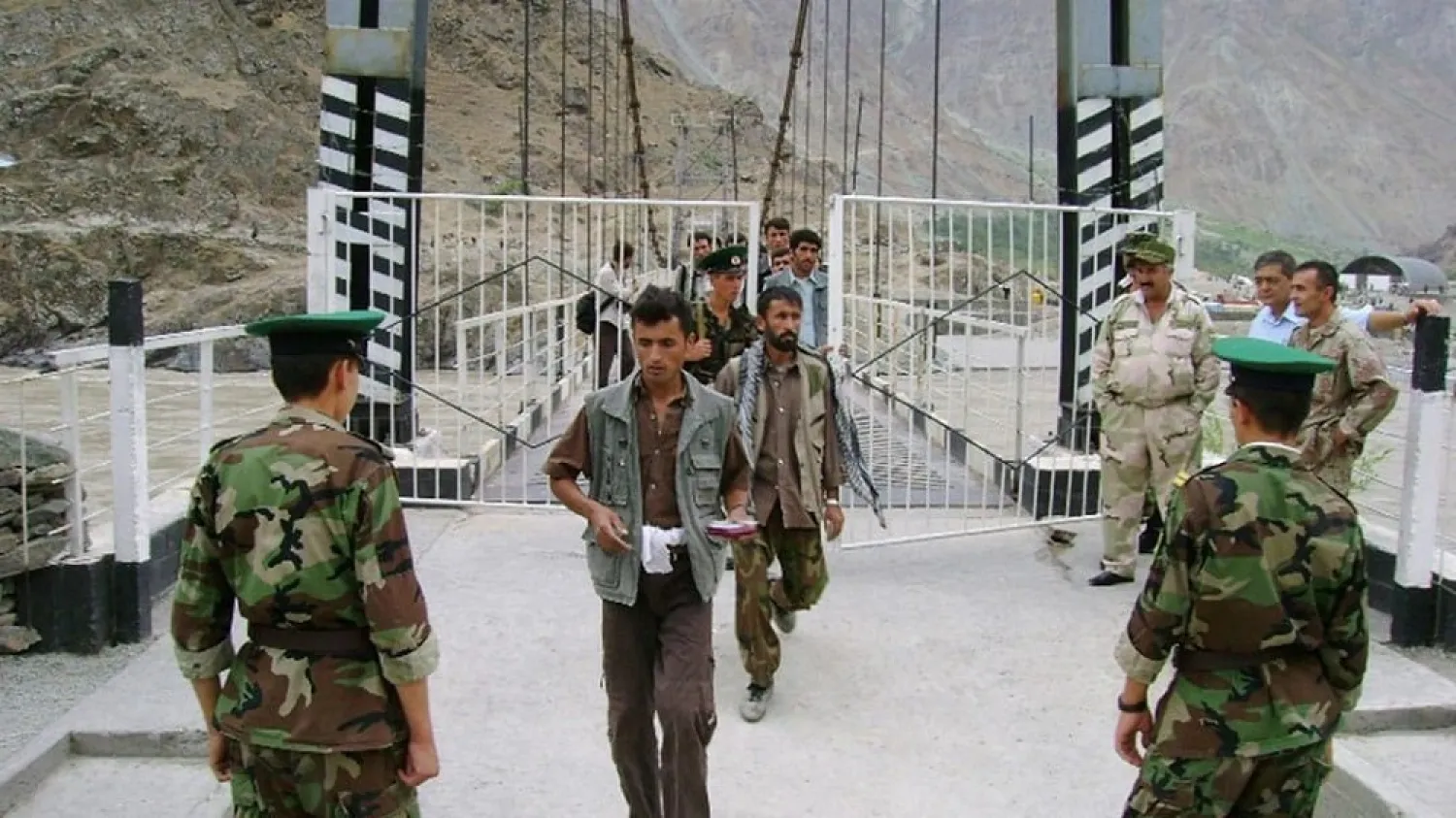Tehran rejected on Thursday accusations that it played a role in the civil war in Tajikistan in the 1990s, saying that the claims are “aimed at ruining the bilateral ties between the two countries.”
In a documentary aired by state television on Wednesday, three Tajik nationals attested to receiving training in Iran before assassinating political and prominent figures during the 1992-97 war. They also confessed to attacking a Russian military base in the Asian country.
The Iranian embassy in Tajikistan issued a statement on Thursday deeming the accusations as “baseless”, reported Reuters.
"The airing of such biased films... shows that certain circles do not want to see... stronger friendship between the two countries," it said.
It noted that the Tajik Minister of Energy had attended the swearing in ceremony of Iranian President Hassan Rouhani on Saturday.
The documentary accused Tehran of being involved in the assassination of a parliament speaker, grand mufti, and a number of academics, journalists and politicians during the war.
The embassy statement said that Tehran had mediated between the warring parties in Tajikistan to end the war between the government forces and extremist-led armed opposition.
But ties between the two nations, both Persian-speaking and predominantly Muslim, have been strained since a leader of a banned Tajik extremist party attended a conference in Tehran in December 2015, which angered the government in Dushanbe.
The confessions mark the first public accusation against Iran of meddling in the Tajikistan civil war and diplomatic circles said that ties between the two countries had deteriorated two years ago.









